Who the Child-Free Are, and Why They Refuse to Have Kids
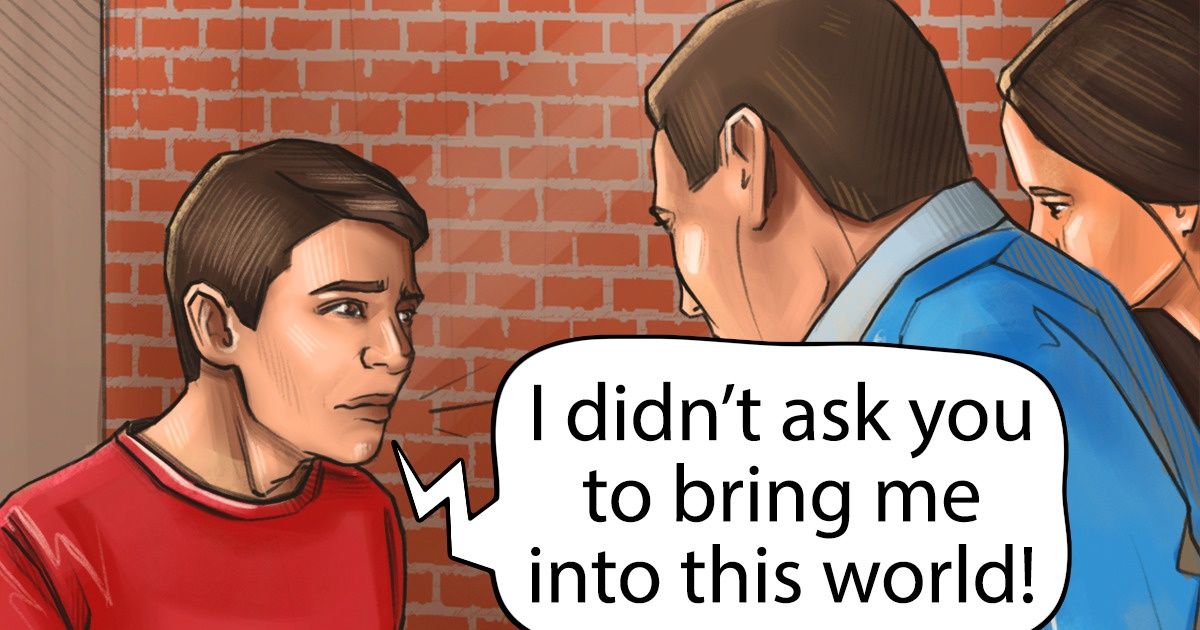
Child-free are people who voluntarily decide not to become parents. According to Merriam-Webster dictionary, this word was first used at the beginning of the twentieth century. However, the tendency to become child-free became popular not so long ago. The appearance of affordable contraception, government support for the elderly, and an increase in education, especially among women, have contributed to it.
5-Minute Crafts is telling you about the main reasons that motivate people to refuse to have children.
1. They are afraid of financial issues.
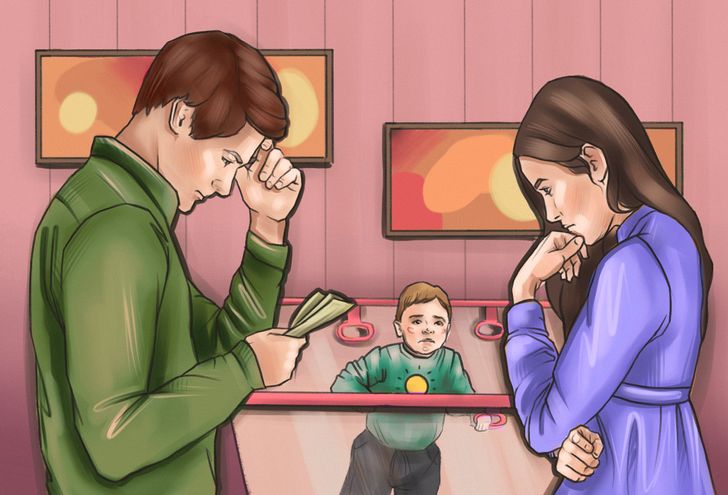
Raising kids is costly. Future parents want to provide their children with a decent quality of life and a good education, but at a young age, their opportunities are often limited. Loans, not having their own home, economic instability, and a resulting uncertainty of if they will be able to provide a child with everything they need stop people from becoming parents.
2. Raising kids seems to be a difficult task.
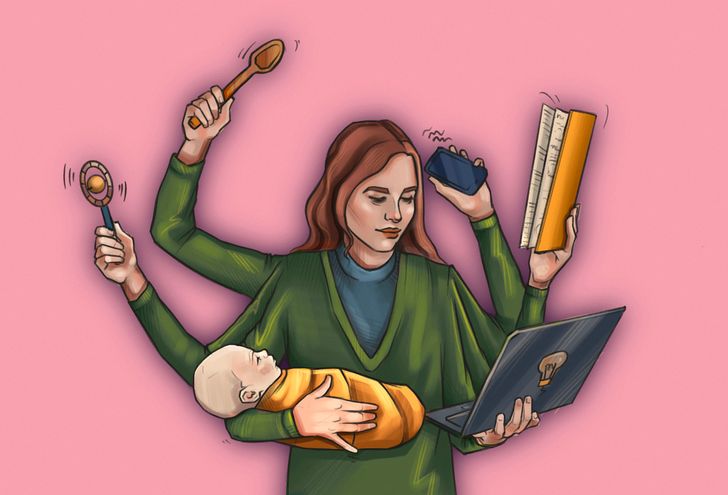
Raising kids has never been easy. Everyday tasks, like feedings and the baby’s hygiene, oftentimes turn into full-time working days that are usually accompanied by sleepless nights.
Moreover, the expectations of society are now much higher. Raising kids now occupies all a parent’s time and requires a set of skills in various fields of life, from education to psychology. As a result, it often becomes a full-time occupation for parents who compete with each other, comparing the success of their children.
This lifestyle requires a lot of time and effort and it bothers women a lot. Many women continue working after maternity leave, which leads to a “double-employment effect” when women are giving their best at work and at home. As a result, some of them are simply afraid of this exhausting lifestyle, continue to postpone having a child, or refuse this idea completely.
3. They don’t want to lose their freedom.
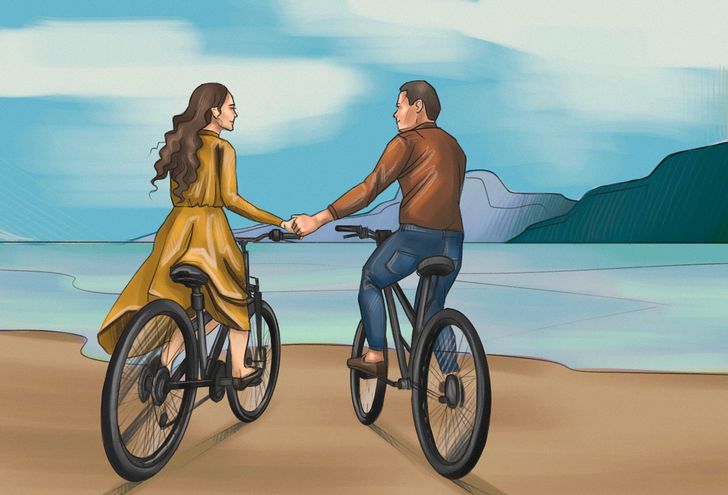
Some people are afraid to make an irreversible decision and fall into “a childbearing trap.” It can be described as follows: you’ll never know unless you try, but if you try, you’re in it for life. Not everyone can withstand such pressure, which is why some people prefer not to take risks and enjoy the stability and peace that the absence of children gives.
4. They simply don’t love kids.
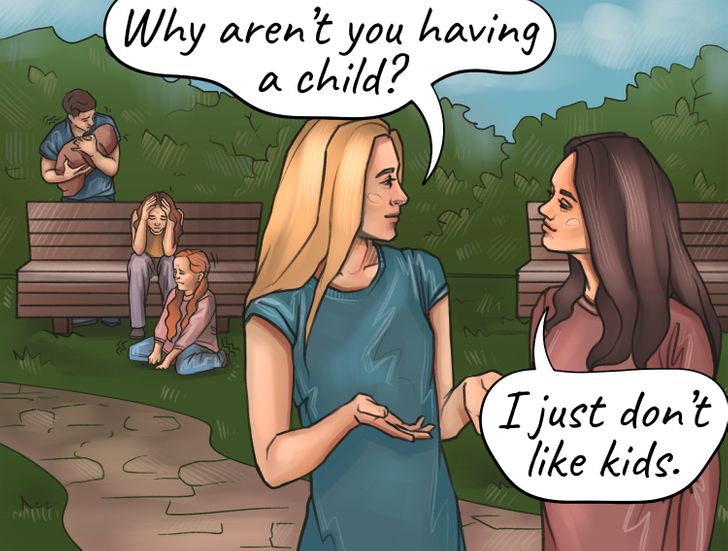
Some people just don’t like to be near kids. They believe that children are self-centered and it’s difficult to cope with them, while their behavior (shouting, loud talking, whining) can be quite unpleasant.
The absence of sympathy for kids can cause a fear of getting one and even failing to love them. The fear of disappointment can become stronger if friends or a person’s own parents had a negative emotional experience.
5. They are happy with their current lifestyle.
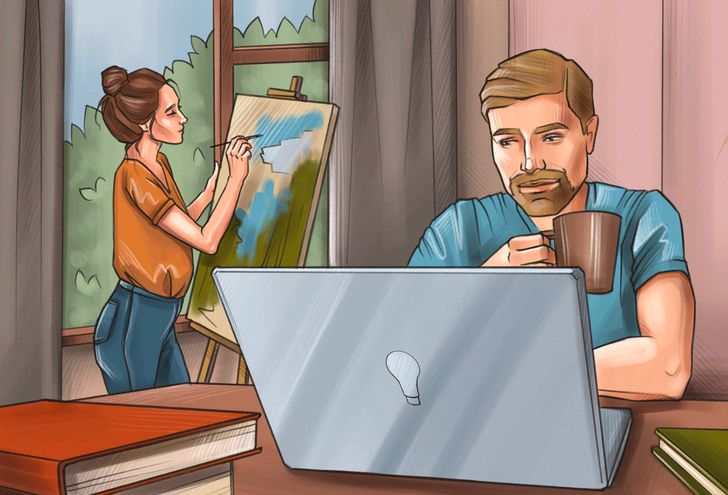
Oftentimes, the childless by choice find the idea of “living for themselves” nice. They don’t spend time, money, and effort raising kids and consider such chores burdensome and threatening to their way of life. Moreover, they may have other priorities. A wish to find their place in life, build a career, and achieve success in their professional field may be more attractive to them than the idea of having children.
6. They are afraid to stay without the support of those close to them.
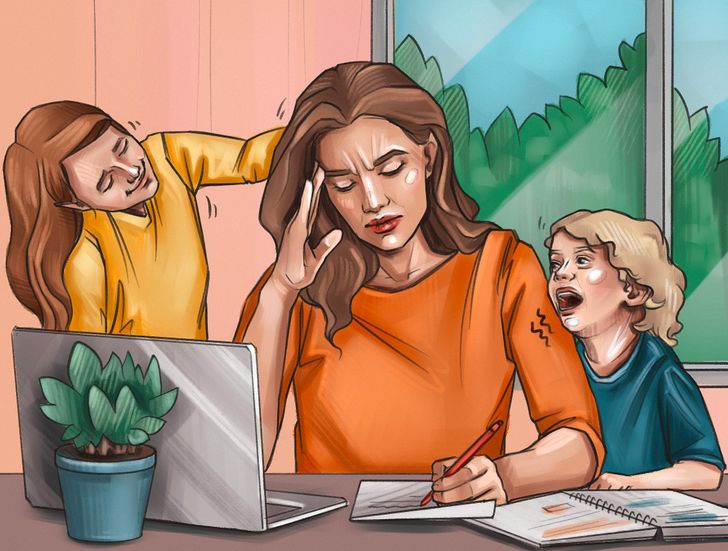
Women often refuse the idea of becoming a mother because of their fear of living without support. They are scared to raise a kid alone and to bear financial responsibilities alone. It can lead to the aforementioned “double-employment effect” and require a woman to put in the double effort during a long period of time. The prospect of getting such a load can frighten some and make them go child-free.
7. They worry about the future of the planet.
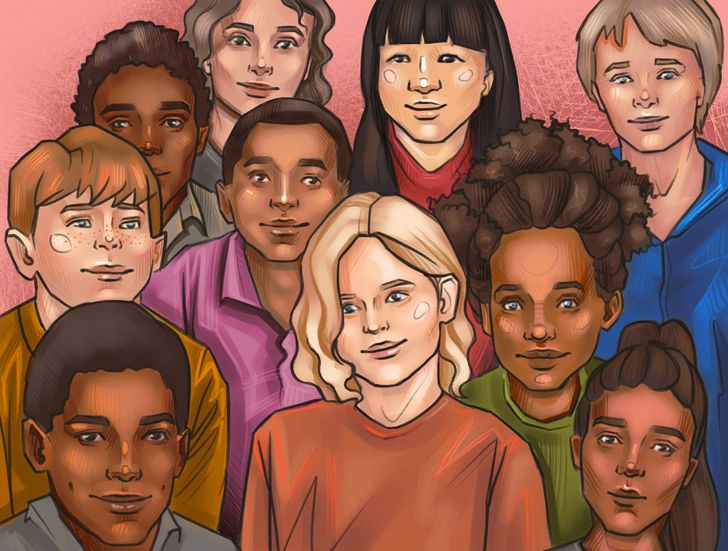
Some people choose not to have children because they fear that it will exacerbate climate change and increase the harm that humanity is doing to the planet.
By October 2021, the world’s population reached 7.9 billion people. According to UN estimates, there will be about 9.7 billion people by 2050 and 11 billion by 2100. At the same time, according to the World Bank, the average carbon dioxide emission from each person in the world was 4.5 tons in 2018. According to the British charity organization, called Population Matters, the total carbon emissions and deforestation, as well as the magnitude of other environmental impacts, will increase significantly as the population grows.
Climate change gives people yet another reason to refuse to have kids. People are worried about extreme weather conditions that their kids will probably have to face. More and more people don’t want to bring a child into a world that will be destroyed by climate change in the nearest decades.
8. They consider having a child to be ethically unacceptable.
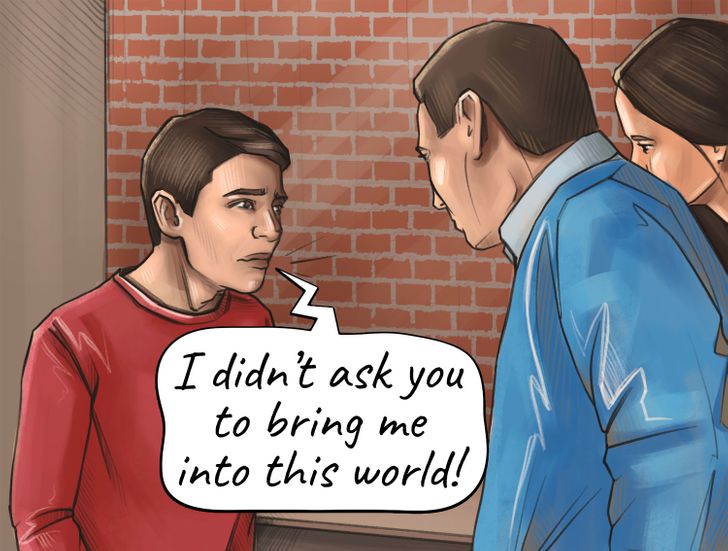
The fact that it is impossible to obtain consent from the person who will be born is morally problematic to some people and stops them from the idea of getting kids.
Unfortunately, no one can foresee the destiny of their kids. They might be happy or unhappy, but in the latter case, it’s inevitable that they will find themselves in a condition of the life imposed on them and will have to cope with difficulties themselves.
Those who support this point of view claim that when we want to influence a person with our actions, but it’s impossible to get their consent to this, such actions should not be taken by default. Childbirth “belongs to them” because before this act is committed, a person didn’t exist, and, accordingly, it is absolutely impossible to ask for their consent.